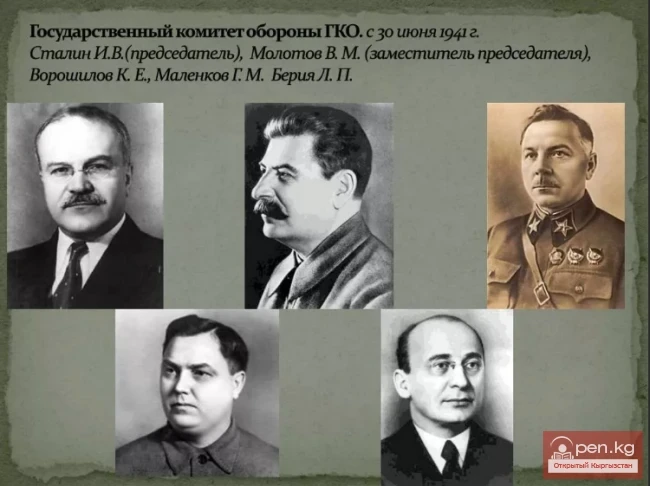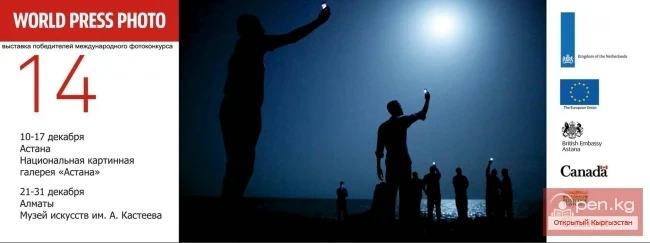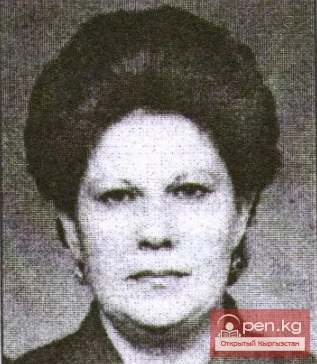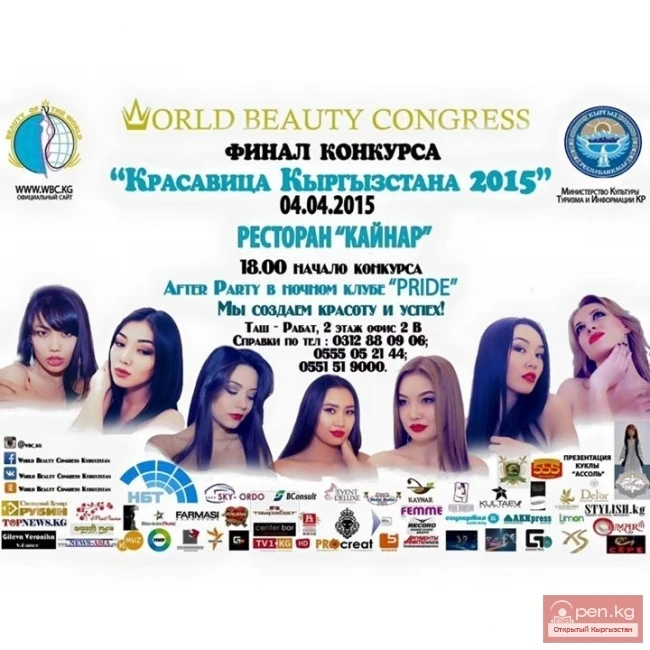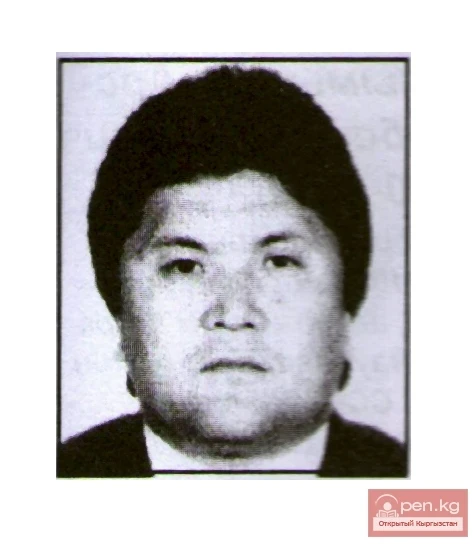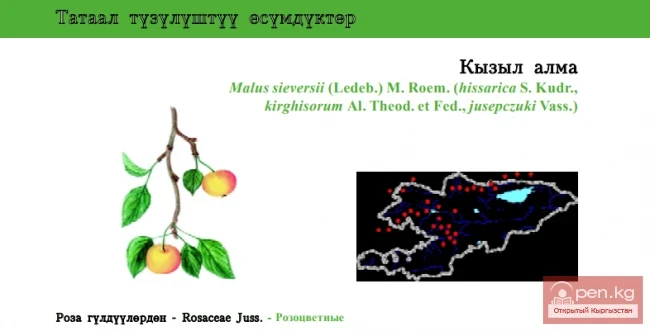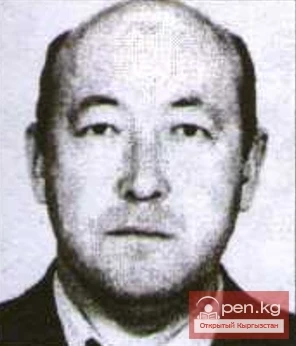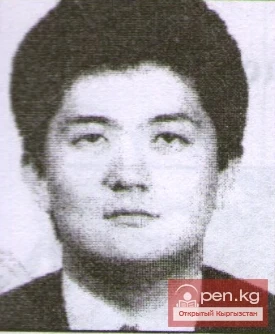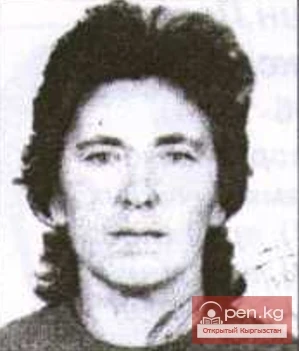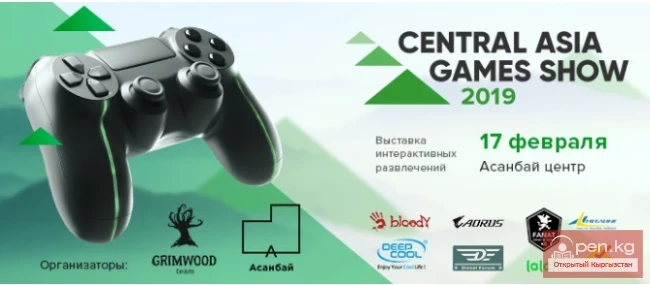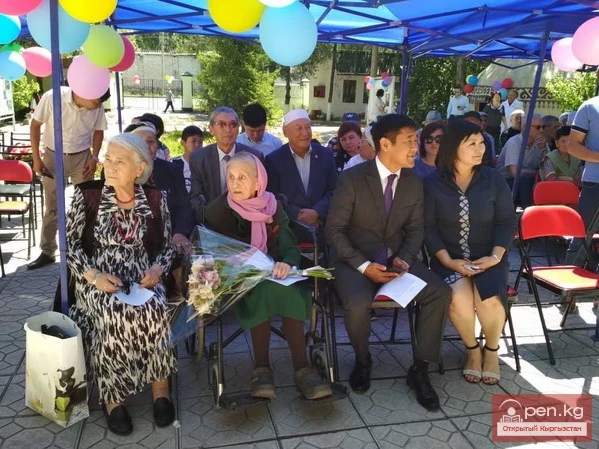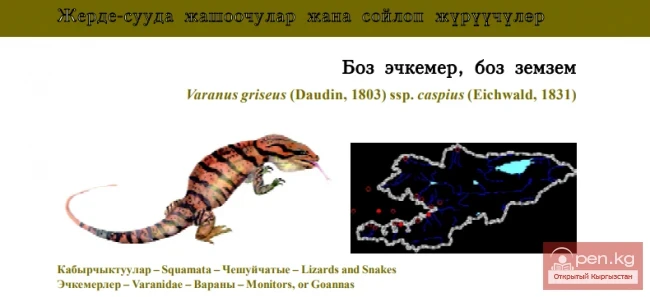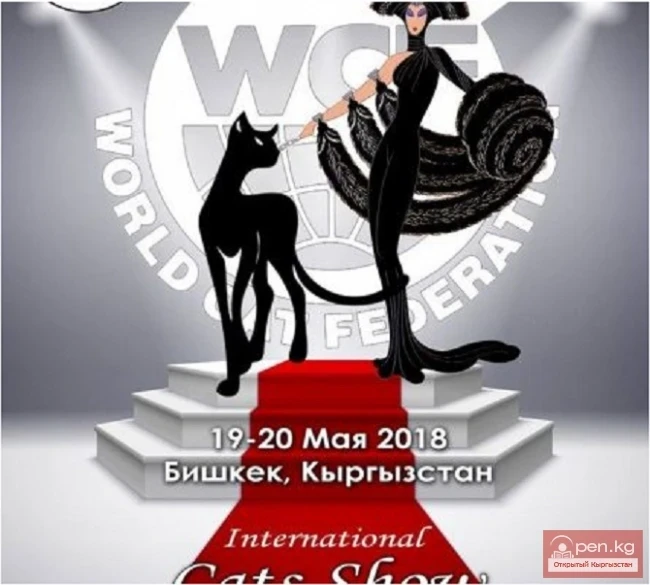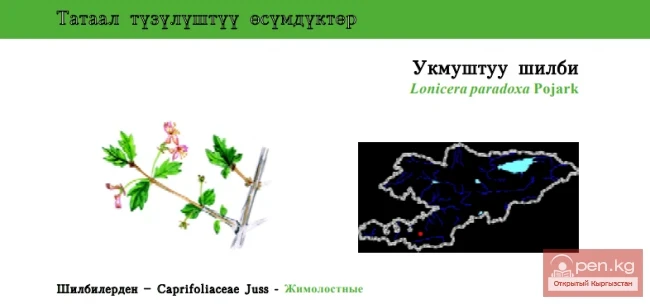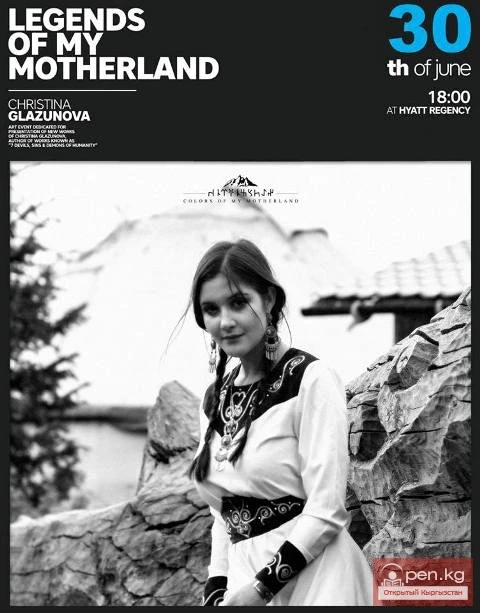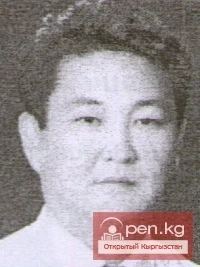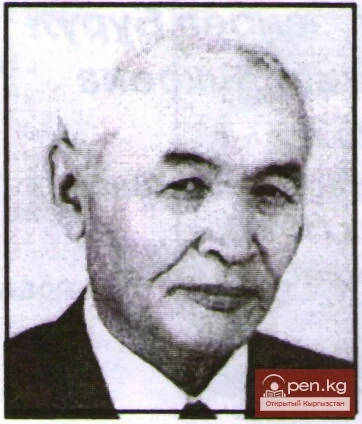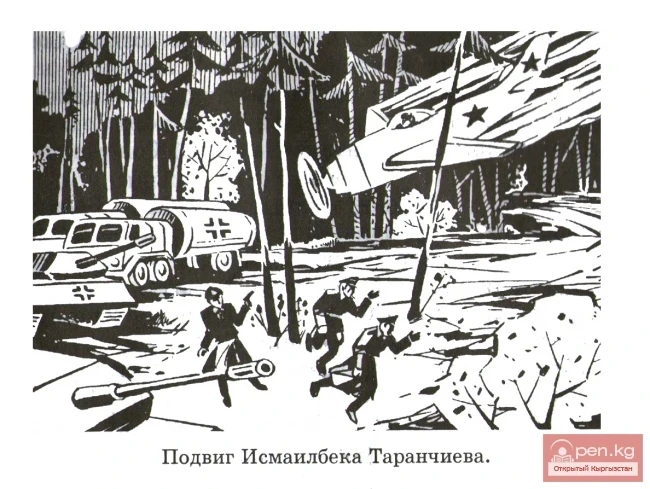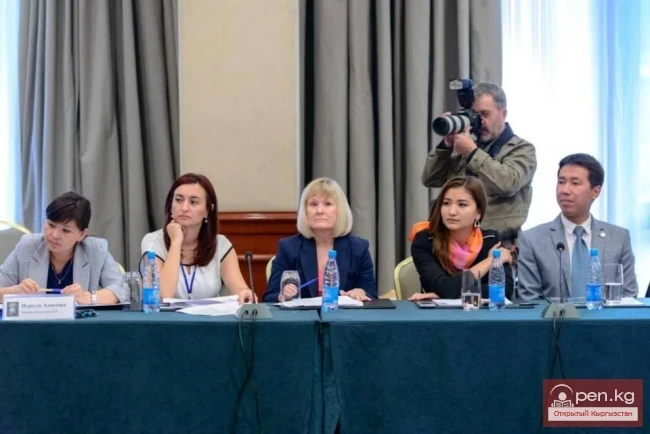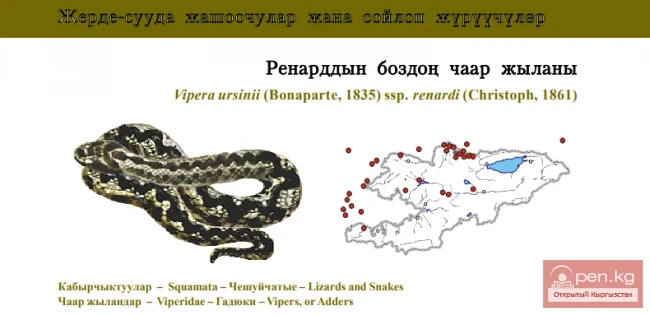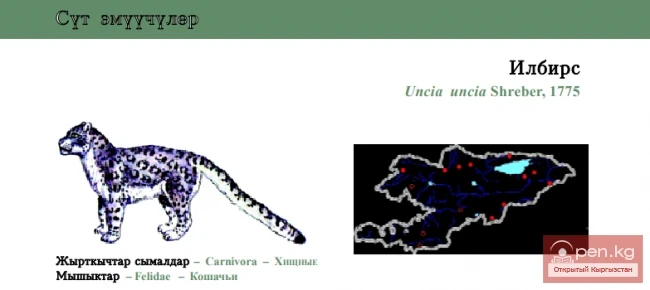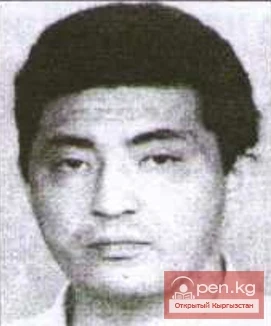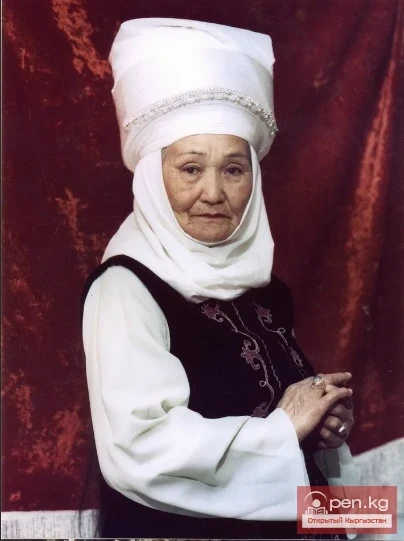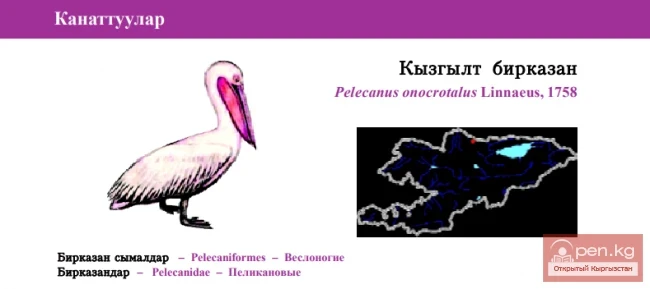The Work of the Party Organization of Kyrgyzstan on the Front
The war that the Soviet people waged against the German-fascist invaders was just and liberating from the very beginning. Its goal was not only to eliminate the danger looming over our socialist Motherland but also to provide international assistance to all the peoples of Europe and to save world civilization.
At the same time, the Great Patriotic War is the most important component of the Second World War, which determined its outcome. The entry of the Soviet Union into the war, caused by the attack of fascist Germany and its allies, fundamentally changed the situation, prospects, and nature of the Second World War, becoming the main decisive factor in its transformation by the forces opposing the Hitler bloc into a liberation and anti-fascist struggle.
On June 30, 1941, by decision of the Politburo of the Central Committee of the All-Union Communist Party (Bolsheviks), an emergency governing body was created — the State Defense Committee (GKO) chaired by I. V. Stalin. The GKO concentrated full power in the country. All party, Soviet, trade union, Komsomol, and military bodies, as well as all citizens of the USSR, were obliged to unconditionally execute its resolutions and orders. On July 3, GKO Chairman I. V. Stalin addressed the nation via radio.
The Communist Party of Kyrgyzstan, as one of the fighting detachments of the All-Union Communist Party (Bolsheviks), guided by the directive of the Central Committee of the All-Union Communist Party (Bolsheviks) and the Council of People's Commissars of the USSR, quickly and decisively reorganized its activities, changing the forms and methods of party leadership in accordance with the demands of the military situation.
The main focus was on military-organizational work to mobilize the material and human resources of the republic for the needs of the front, to create a coordinated military economy, and to ensure accelerated military production rates.
To strengthen party leadership in industry, shortly before the war, in accordance with the decision of the XVIII All-Union Party Conference, positions of sectoral secretaries were introduced in the Central Committee of the Communist Party (Bolsheviks) of Kyrgyzstan, and corresponding departments were created. With the onset of the war, the institution of sectoral secretaries expanded. By decision of the Politburo of the Central Committee of the All-Union Communist Party (Bolsheviks) on December 10, 1941, the position of secretary for trade and public catering was introduced in the Central Committee of the Communist Party of the Union Republics, regional committees, district committees, and city committees of the party in major industrial centers, and somewhat later, for the food industry, directly overseeing issues related to improving the material and living conditions of workers. Sectoral departments were also introduced in the regional, city, and district committees of the Communist Party (Bolsheviks) of Kyrgyzstan. For example, coal and ore departments and industrial departments were created in the Osh and Jalal-Abad regional committees, a food industry department in the Frunze regional committee, and industrial departments in the Jalal-Abad city committee and the Proletarian (now Lenin) district committee of Frunze.
The institution of party organizers of the Central Committee of the All-Union Communist Party (Bolsheviks) and the Central Committee of the Communist Party (Bolsheviks) of Kyrgyzstan expanded, with party organizers from the Central Committee of the All-Union Communist Party (Bolsheviks) sent to major industrial enterprises of the republic, such as the Frunze Kademdzhai and Haidarken color metallurgy plants, and others, while a party organizer from the Central Committee of the Communist Party (Bolsheviks) of Kyrgyzstan was sent to the Aktuz mine.
It was necessary to activate the work of primary party organizations as the foundation of our party. To truly utilize the right to control the economic activities of the administration granted by the party charter, they began to delve deeper and more comprehensively into the state of affairs in all spheres of economic life, to operationally guide the mobilization of internal resources, and to direct the efforts of workers towards the successful fulfillment of front assignments.
In their multifaceted activities, party bodies consistently followed Lenin's teachings: "Let not a single meeting, not a single conference pass without the question being raised at every discussion: have we done everything to help the war, are our forces sufficiently strained, is enough assistance sent to the front?".
In the first six months of the war, the most difficult period, the party organization of Kyrgyzstan sent 3,561 communists to the front, and over the course of three and a half years of war (by the end of 1944) — 12,112 members and candidates of the party, which accounted for more than two-thirds of the pre-war composition of the republican party organization. From the beginning of the war until December 1943, 1,508 leading party, Soviet, and economic workers who were part of the nomenclature of the Central Committee of the Communist Party (Bolsheviks) of Kyrgyzstan were sent to the active army. For responsible positions in military and political work, the party sent the secretary of the Central Committee of the Communist Party (Bolsheviks) of Kyrgyzstan A. Rysmendiev, the deputy chairman of the Presidium of the Supreme Soviet of the Kyrgyz SSR V. V. Fadeev, the military commissar and member of the Central Committee of the Communist Party (Bolsheviks) of Kyrgyzstan, Major General I. V. Panfilov, the first secretary of the Frunze Regional Committee of the Communist Party (Bolsheviks) of Kyrgyzstan S. K. Solovyev, the head of the coal and ore department of the Central Committee G. A. Unanov, the first secretary of the Tien Shan Regional Committee of the Communist Party (Bolsheviks) of Kyrgyzstan M. Boshkoev, the secretary of the Jalal-Abad Regional Committee of the Communist Party (Bolsheviks) of Kyrgyzstan I. V. Borshch, the head of the military department of the Frunze Regional Committee of the Communist Party (Bolsheviks) of Kyrgyzstan A. Otorbaev, the secretary of the Frunze Regional Committee of the Komsomol of Kyrgyzstan I. Sultanbekov, and others.
Everything for the front, everything for victory
